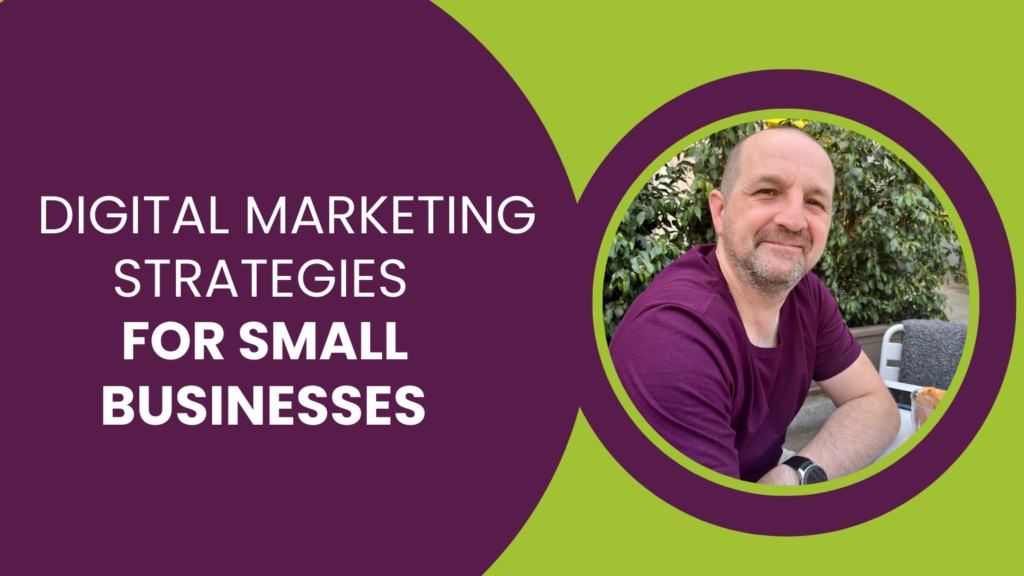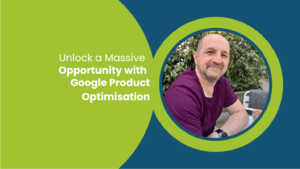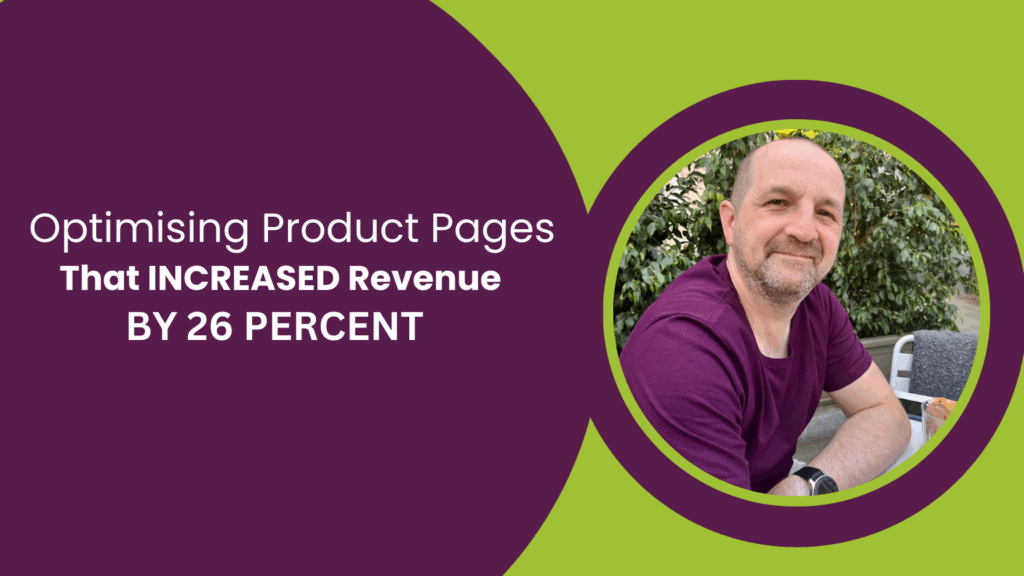
In today’s digital age, a strong online presence is essential for small business growth. But navigating the complexities of digital marketing for small businesses can feel overwhelming with the sheer variety of strategies and tactics available. This guide, inspired by insights from the Inside Digital Podcast, will provide you with a roadmap to cut through the noise and achieve your business goals.
Understanding Your Audience and Optimising for Conversions
Before diving into specific tactics, it’s crucial to lay a strong foundation. This starts with understanding your target audience. Who are your ideal customers? What are their needs, pain points, and motivations? Developing detailed buyer personas can help you tailor your marketing efforts effectively.
Once you have a clear picture of your audience, you can focus on optimising your website and landing pages for conversions. Remember, driving traffic to your site is only half the battle; you need to ensure those visitors take the desired action, whether it’s filling out a form, making a purchase, or subscribing to your newsletter.
Key takeaways:
- Create compelling landing pages: Ensure your landing page content is relevant to the ads or links that brought visitors there. Use strong calls to action, testimonials, and trust badges to build credibility and encourage conversions.
- Embrace A/B testing: Experiment with different landing page elements (e.g., headlines, images, copy) to identify what resonates best with your audience and drives the highest conversion rates.
Leveraging Lead Generation Tactics
Generating leads is the lifeblood of any successful business. While paid advertising can be effective, there are also several organic strategies you can leverage to attract potential customers:
- Referrals: Encourage satisfied customers to refer their friends and family.
- Social media engagement: Build relationships with your audience on social media platforms like LinkedIn and Instagram. Share valuable content, participate in discussions, and establish your brand as a thought leader.
The Power of Email Marketing
Email marketing remains a highly effective way to nurture leads, promote products or services, and build relationships with your audience. To maximise your email campaign’s success:
- Maintain a clean email list: Regularly remove inactive or invalid email addresses to improve deliverability and open rates.
- Optimise subject lines: Craft compelling subject lines that entice recipients to open your emails.
- Personalise your content: Tailor your email messages to different segments of your audience to increase engagement.
Exploring Paid Advertising
When you’re ready to scale your marketing efforts, paid advertising platforms like Google Ads can provide a significant boost. As one of the most effective online marketing strategies for small businesses, Google Ads allows you to target specific keywords and demographics, ensuring your ads are seen by the right people. It’s a powerful tool for driving traffic to your website and generating leads.
The Importance of SEO
Search engine optimisation (SEO) is a long-term strategy that can deliver sustainable organic traffic to your website. While it may not be the immediate priority for businesses just starting out, it’s essential for building a strong online presence and increasing your visibility in search results.
Popular eCommerce Marketing Videos
Popular eCommerce Marketing Videos
05:15
22:36
06:29
Retargeting and Remarketing
Have you ever noticed ads following you around the internet after visiting a particular website? That’s retargeting in action, and it can be a powerful tool in your digital marketing strategies for small businesses. It allows you to re-engage potential customers who have shown interest in your products or services but haven’t yet converted. By showing them targeted ads, you can remind them of your brand and encourage them to return to your site.
Essential Marketing Tools
There are countless marketing tools available to help you streamline your efforts and achieve better results. Here are a few essentials for small business owners:
- Email marketing platform: Mailchimp, ActiveCampaign, and other email marketing platforms make it easy to create and send professional email campaigns.
- Website analytics: Google Analytics provides valuable insights into your website traffic and user behavior.
- ChatGPT: Leverage AI tools like ChatGPT for content inspiration, brainstorming, and assistance with various marketing tasks
E-commerce Strategies for Success
For e-commerce businesses, conversion rate optimisation (CRO) is paramount. Every step of the customer journey, from product discovery to checkout, should be optimised to provide a seamless and enjoyable experience. Additionally, keep an eye on emerging trends like live shopping, which has the potential to transform the e-commerce landscape.
Overcoming Plateaus and Driving Continued Growth
Even with the best strategies in place, businesses can sometimes hit a growth plateau. When this happens, it’s important to analyse your data, identify areas for improvement, and explore new opportunities. Consider expanding into new markets, adding new products or services, or experimenting with different marketing channels.
The Checkout Experience: A Critical Touchpoint
The checkout process is a critical moment of truth for any online business. A complicated or confusing checkout experience can lead to cart abandonment and lost sales. Ensure your checkout process is simple, secure, and user-friendly to maximise conversions.
Design and Conversion Rate Optimisation
Design plays a crucial role in user experience and conversion rate optimisation. One of the most impactful design changes you can make is optimising the “above the fold” content on your website, especially for mobile users. Ensure key information like pricing, stock availability, and call-to-action buttons are visible without scrolling.







